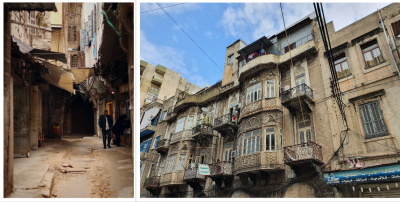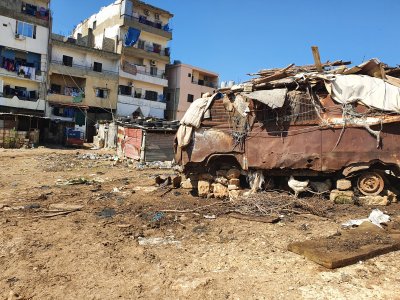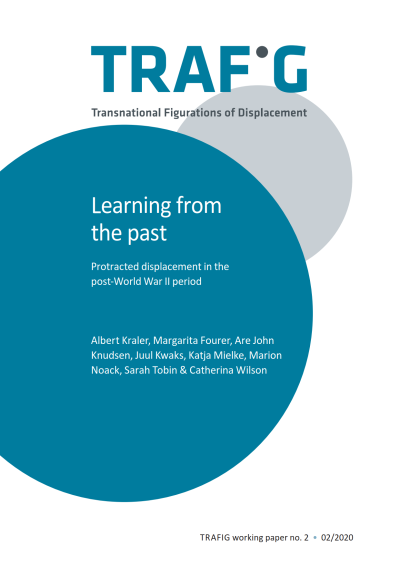Lebanon
A smaller study with 15 participants was carried out in Tripoli, Lebanon, to get a better comparative understanding of the patterns of Syrian’s displacement in the region. It was led by a researcher from CMI (Chr. Michelsen Institute).
Urban Displacement in Lebanon: Syrians in Tripoli
By Robert Forster (CMI) and Abdalkarim Fares Abdalkader
CMI Report No. 5, November 2021
This fieldwork report documents key findings for the TRAFIG case study of Tripoli, Lebanon. The research in Lebanon took place in the context of TRAFIG’s comprehensive research on displaced Syrians in Jordan, the results of which can be found in TRAFIG Working Paper No. 6. The key findings explored in this report relate to TRAFIG Theme 3: Following the networks, and engage with Theme 1: Navigating through governance regimes and Theme 2: Living in Limbo to a more limited degree.
Summary
Living conditions among Syrians in Tripoli, Lebanon, have deteriorated since 2011. Syrian refugee households that achieved some degree of stability after self-settlement reported an upheaval in liv... Read more
Considering kin and countrymen – challenges to social networks among Syrians in Tripoli, Lebanon
by Robert Forster
Since the 1990s, Youssef had earned a good living in Damascus. He and his brother owned a series of artisan workshops in addition to over 20 apartments that they rented out in a lower-income neighbourhood to the south of the city centre. He and his wife raised three boys and eight girls, four of whom had gotten married and were having children of their own before the Syrian crisis began in 2011. Nearly a decade later, Youssef, his wife, three of their children, and four grandchildren live together in a rented shop space in a peripheral neighbourhood in Tripoli. His family is split between Lebanon, Syria, Jordan and Germany. Of his six brothers, only one is still alive. Four of his sisters remained in Syria, and one moved with her husband to a street nearby in the same n... Read more
TRAFIG working paper no. 2
Learning from the past
Protracted displacement in the post-World War II period
This working paper examines the history of the search for solutions to protracted displacement. Focusing specifically on the Horn of Africa, East Africa, the Middle East and South Asia, the paper analyses past policy responses that explicitly or implicitly address situations of extended exile. In addition, the paper examines the potential of translocal mobility and connectivity as an individual- or household-level solution to displacement.
The concern to find solutions for long-term displacement situations has been a key driver for the evolution of the international refugee protection regime ever since its initiation in the interwar period. Yet, only more recently have these efforts crystallised around... Read more



